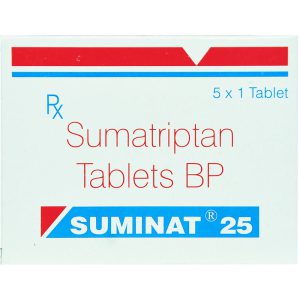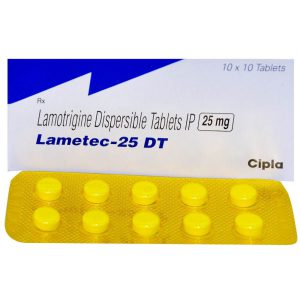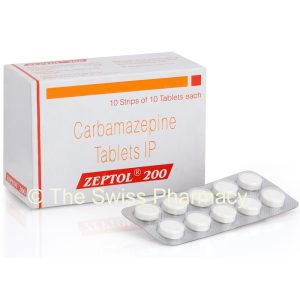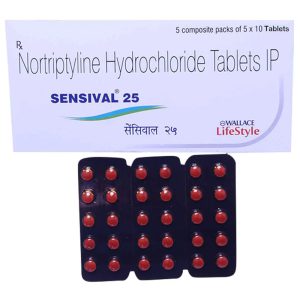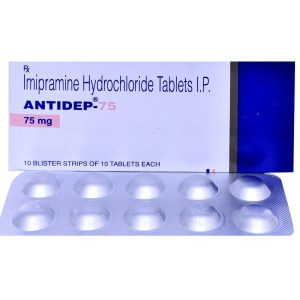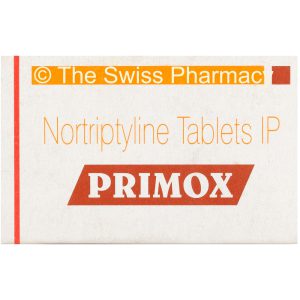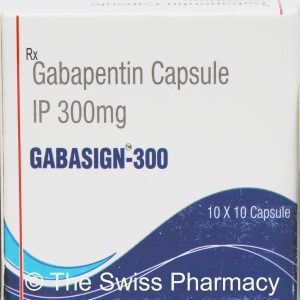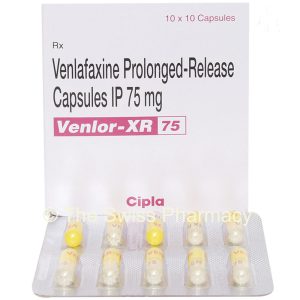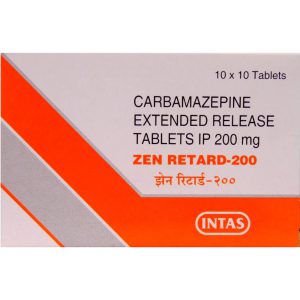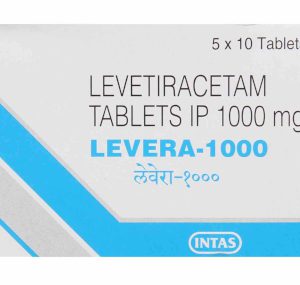Clinical Depression – Causes, Symptoms, Diagnosis And Treatment
Let’s face it, almost everyone has heard of clinical depression happening to someone we know or love, be they relatives, friends or pop stars we idolize. To many, it would appear as though life’s Boeing jet plane has catastrophically crashed into the psychic landscape.
Depression creeps upon us like a beast ready to prey, often giving us warning signs. It can only be faced if we learn something about the nature of this predator. You might even escape without a mauling.
What Is Clinical Depression
A Typical depressive episode usually exhibits more than one of the following features. Pay attention to what these warnings are. It could help you initiate early treatment.
1.Depressed Mood – Pervasive and persistent sadness presenting itself in all activities throughout the day, inevitably resulting in social withdrawal that leads to fading of inter personal relationships. The worst case is called as ‘anhedonia’ – the complete inability to experience pleasure from anything.
2.Depressed Ideation – Pessimistic thoughts which manifest as the classic triad of Hopelessness, Helplessness and Worthlessness.
3.Psychomotor Activity – Young people with depression have ‘retardation’ – slow thinking, decreased energy /sex drive (libido) and a monotonous voice. Older patients display agitation, anxiety, restlessness and a tendency to fidget.
4.Disturbed Bio-Functions – This is the “Somatic Syndrome”, wherein many of the body’s bio rhythms go out of sync playing like an out of tune piano. Uncontrolled eating happens, causing weight changes, either loss or gain. There could be early morning awakening, a couple of hours prior to the morning alarm. Finally, the sadness begins to wax and wane throughout the day having its worst effect in the morning.
5.Psychotic Features – You wouldn’t want this. Severe, unrecognized or untreated cases may have Hallucinations (Seeing things that aren’t really there), Delusions (Believing things that aren’t actually true) and Manic episodes with grand excesses of exuberant mood. (Sadly, it’s like believing you’re ‘King Midas’)
SO WHAT’S THE RISK Of Depression?
The lifetime risk of depression is estimated at 20% in Women and 12% in Men. Beware, suicidal tendency is inherent in every depressed person, but this risk is dangerous in the following: – Males, Persons above 40 years of age, Unmarried, Divorced or widowed and, both during the early stages as well as in the recovery period of depression!
HOW DOES IT HAPPEN ?
Genetics- Children with one depressed parent have a 27% chance of getting depressed. With affliction of both parents the risk shoots up to 74%. Not surprisingly for twins, it ranges from 20% in ‘non–identical’ to 65% for ‘Identical’ or maternal Twins.
Chemical Imbalance- Neurochemical imbalance involving Norepinephrine, Dopamine and Serotonin has been cited as a postulator of depression
Endocrine disorders- Be informed, Hypothyroidism can trigger mood changes.
Postpartum Depression – Occurs in mothers anywhere from a few hours after birth up to a couple of days later. The hallmarks are weeping, sadness and low mood. It is often triggered by worry over an unhealthy newborn or having delivered a child of an unexpected or unwanted gender. Broken homes and financial burdens fuel the condition.
Treatment For Clinical Depression
Gone are the days of hot sulfur baths, health spas, mineral water springs or holidays in the countryside. Although these have proved useful in the past, the contemporary approach is as follows:- Psychosocial Treatment – Offer support. It’s the biggest and best thing to do. Depressed people respond to friendliness, someone to talk to, social interaction, games, exercise, outings and above all physical and emotional caress.
The aim should be to “de–stress” or isolate stressors in the individual’s lifestyle. Help them learn the right way to tackle job disputes, social conflicts and parental pressure by using problem solving techniques. These methods include – assertiveness training, re-learning social skills, self-control therapy, priority scheduling and decision making. The individual’s spouse, family or close friends play a pivotal role in administering the above ‘medicine’ in many ways than one.
Medical Treatment
Anti Depressant drug therapy in conjunction with psychosocial techniques constitute the mainstay of therapy. Consulting a competent Psychiatrist at the earliest is of paramount importance. Mild to Moderate illness is controlled by a wide spectrum of anti depressant medications, ranging from SSNRI’s and SSRI’s to TCA’s(Tri Cyclic Antidepressants).
It is no wonder then, that antidepressant therapy has revolutionized the treatment of depression (fluoxetine). Most of the newer drugs may be expensive and not readily available. But you may very well ask your doctor to prescribe you a cheaper alternative especially if long term therapy is needed.
Tri-Cyclic Antidepressants
Time tested antidepressants belonging to the Tri-Cyclic Antidepressants (TCA) group are Nortriptyline (PAMELOR) and Imipramine (TOFRANIL) and they both fulfills this role quite well.
Besides being cheap, they are effective and readily available at most online drugstores on prescription. One must choose a good online pharmacy that provides accurate information on the drug interactions and adverse reactions.
Side Effects Of Tri-Cyclic Antidepressants
TCA’s can cause dry mouth, blurred vision, constipation and urinary hesitancy in addition to, fall in blood pressure and arrhythmias (especially if unknowingly used along with anti allergy or anti cough medications). Sleepiness, unsteady gait and clumsiness may also occur.
Treatment Of Severe Or advanced cases Of Clinical Depression
Mood Stabilizer Lithium is one of the last resorts. It is as dangerous a drug as it is beneficial in treating severe, unresponsive depressives. Lithium therapy mandates close monitoring of its blood levels as well as renal, thyroid and liver function tests. There is usually a 1-2 week lag period before any appreciable response is observed.
ECT(Electro Convulsive Therapy) involves delivering medically controlled electric current to the brain! It has a reserved role in the severely depressed. It is used for depression with stupor, severe suicidal risk and psychomotor retardation that prevents self nourishment.
Depression Treatment – CONCLUSION
A lot of what passes for depression these days is nothing more than a body asking for work, but if you’re truly depressed it’s your mind that needs some rest!
